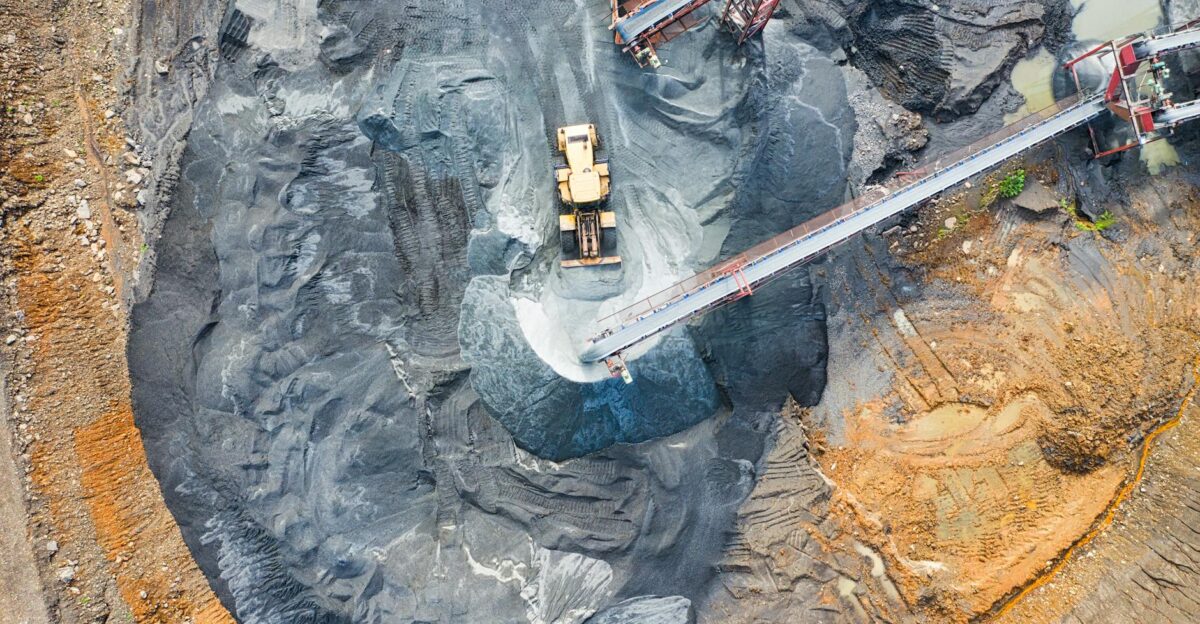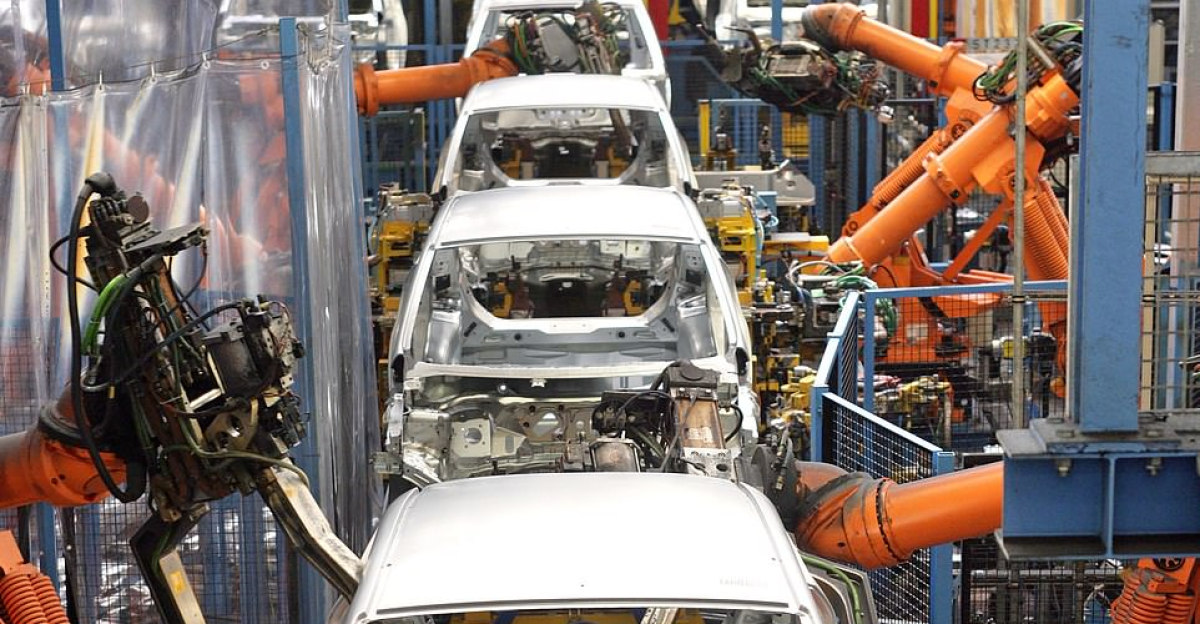
Ford has long stood as one of the biggest automotive manufacturers in America and much of the world. However, recent complications due to rare earth elements shortages have led to production at some facilities grinding to a halt.
The minerals in question have been used in numerous manufacturing processes and are widely leveraged in motor vehicles, from electric motors to the fundamental workings of a car.
Rare Earth Elements

Rare earth elements have been used in technology for many years and make up 17 essential metals for manufacturing. Even though the metals are called “rare,” the name refers to the amount of effort required to mine and refine them, as they are commonly found inside the Earth.
According to the U.S. Geological Survey, more than 90% of all rare earth element refining is by China. This means that the country has an iron grip on the supply to other nations.
Ford’s Vulnerability

Ford and many other automotive companies need significant amounts of rare earth elements for various production points, including seat motors, speakers, and power steering. After export control narrowed in April, supply chains across the company were disrupted and put in jeopardy.
To further exacerbate these risks, Ford does not have a stockpile to utilize, meaning that when there is a shortage of these metals, the company can only halt production.
China’s Export Restrictions

The trade war between China and the United States earlier this year has had broad implications for tariffs between the nations. In response to these taxations, China has imposed its own restrictions on seven crucial rare earth elements, now requiring licensing on their exports.
This does not outright stop imports on these important materials, but it does delay supply chains through bureaucratic tape.
Shutdowns

Ford has been hit especially hard by China’s new move, which has resulted in the company having to temporarily idle a few of its U.S.-based plants. Ford’s CEO, Jim Farley, said that the company “shut down plants for three weeks because we cannot get high-power magnets.”
One of the most notable plant shutdowns was Ford’s Chicago factory, which was shut down for a week in May due to metal shortages. This affected production on the Ford Explorer SUV, which needed the metals for braking and steering systems, power seats, fuel injectors, and other electronics. Other plants have been confirmed to be idled but haven’t been named.
Not Just About Cars

While the most immediate effects of the rare earth mineral shortage have been seen in the automotive industry, it’s not just car manufacturing that has been hindered. These minerals are used in numerous electronics-related industries, including defense and renewable energy.
Concerns over national security and economic resilience have been raised as China’s iron grip over rare earth minerals gives it leverage over the U.S. in trade negotiations.
The Effect On People

For thousands of employees who work at the plants that were idled, they couldn’t work and were forced to stay home. These people depend on their jobs for their livelihoods, and could feel uncertain about the future of their employment.
Many other people are affected, as entire communities hinge on the survival and continued production at automotive factories. According to labor experts, job insecurity has a real psychological implication.
Ford’s Next Move

Ford has bluntly described the recent shortage: “It’s hand-to-mouth right now.” The company relies heavily on China for the rare earth magnets used in its vehicles, and without their supply, it wouldn’t be able to continue producing vehicles across U.S. factories.
Ford executives have stated that the company is looking at alternative supply chains and even different technologies. However, substituting rare earth minerals will cause further disruptions, be more costly, and be less efficient.
The Future Of America’s Rare Earth Element Dependency

With numerous plants being shut down, Ford is just the first of many companies that have been affected by the rare earth shortage and, ultimately, their dependency on a foreign supplier.
The West may have to seek radical changes to wean itself off China’s dominance, or the future of many industries and their production lines could become uncertain. Trade relations can change in a heartbeat, and things could become easier or much worse.